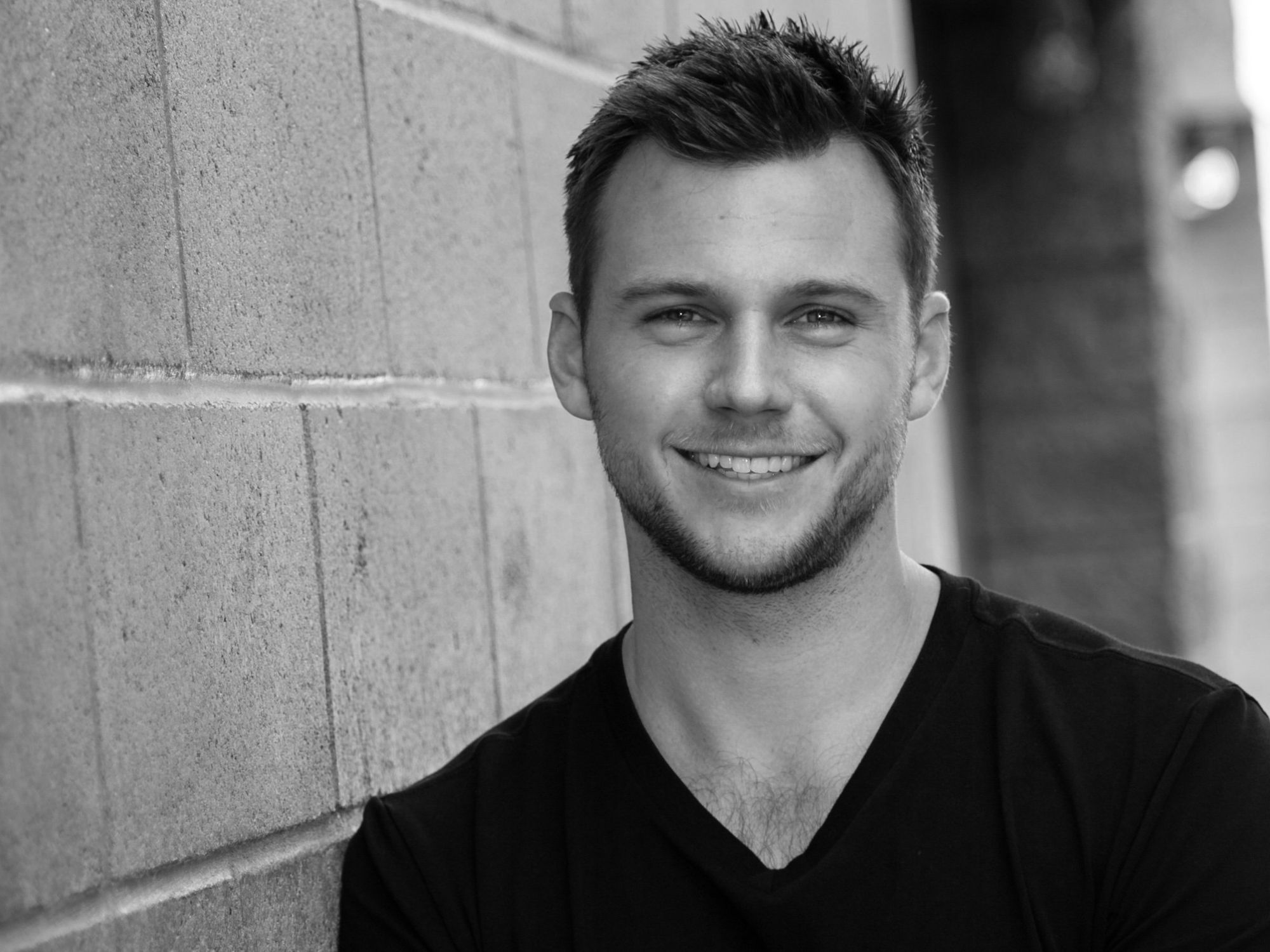Toba Capital’s Patrick Mathieson on the Firm’s ‘Two Bites of the Apple’ Strategy

On this episode of the LA Venture podcast, Toba Capital Partner Patrick Mathieson discusses his thoughts on investing in SMB platforms, gross revenue retention, and other things he looks for when investing.
Headquartered in Southern California, Toba Capital is a venture capital firm focused on early stage B2B software companies. On average, Mathieson said Toba will add 12 to 15 companies to its portfolio in a year.
“The thing that we love to do is lead Series A or Series A-like deals,” he said. “It might be called seed, or B, but in that Series A range — maybe a $10 million check.”
The firm is 10 years old but Mathieson says they are just recently working on growing their reputation and presence within the industry.
Unlike other a traditional VC fund with outside LPs, Mathieson said “we don't have these 10 year holding periods with a bunch of LPs to return capital to. We basically have a pool of capital that we sort of grow like a pie over time.”
Mathieson describes their ideal ownership strategy as a “two bites of the apple strategy.”
“Maybe you leave the (Series) A and then lead an extension [funding round] and maybe double the check size,” he explained. “Then find a great growth partner to lead the rounds beyond that. And maybe leading that second round, we own more than you would have for traditional A. We own 20-25% and then dilute a little bit down from there, rather than starting at 12-15%.”
With over 8 years spent at Toba, Mathieson has learned from his colleagues and mentors about what it takes to help founders.
“There is this combination of being a good listener and [having] empathy for just how darn hard it is to build a company,” Mathieson said. “And also a less is more approach.”
For Mathieson, the key is understanding both perspectives–the VC and the founder.
For VCs, as soon as you receive the board deck, Mathieson says its easy to poke holes in the plan.
Building a company can be “really gnarly and messy and just trying to gain purchase on something and whether it's some sort of sales flywheel or product market fit. It's not about doing everything right. It's about finding the one thing that really will create momentum.”
Mathieson also sits on the board for several companies including business management platform Boulevard, on-demand childcare service application Brella and inventory management software Candid Wholesale to name a few.
Having worked with a handful of companies in his role as an investor and board member, Mathieson expressed how he favors small and midsize businesses (SMBs) versus enterprises.
“It's what I know,” he said. “It feels more uncrowded. I'm not an incredibly technical investor and I think that a lot of enterprise investing is in these highly horizontal business applications that are very IT centric and have a lot to do with the underlying technology.”
He added, “I'm just interested in commerce. So I think that these products that are business management platforms for small businesses, that is the stuff that makes the hair on my neck stand up.”
Aside from his role as an investor, Mathieson also writes blogs in his spare time frequently centered around business and investing.
“I think gross revenue retention is totally underrated,” he said. “I spent a lot of time looking at public company investor presentations and if you look at which ones report gross revenue retention, it's almost none of them and it's only the fabulous companies.”
Mathieson said the really best companies have a 97-98% gross logo retention.
“Which basically means no one leaves and what you're trying to do in SAAS is build this like an annuity stream that just goes on and on and on,” he said.
dot.LA Reporter Decerry Donato contributed to this post.
Click the link above to hear the full episode, and subscribe to LA Venture on Apple Podcasts, Stitcher, Spotify or wherever you get your podcasts.
This podcast is produced by L.A. Venture. The views and opinions expressed in the show are those of the speakers and do not necessarily reflect those of dot.LA or its newsroom.- TikTok Is Breaking the Traditional Digital Agency. Here’s How. ›
- LA Venture: As Competition Tightens, Threshold Ventures’ Chirag Chotalia Focuses on What Matters ›
- Here Are LA's Top VCs, According to Their Peers ›





 Image Source: Tinder
Image Source: Tinder Image Source: Apple
Image Source: Apple